We may earn money or products from the companies mentioned in this post. This means if you click on the link and purchase the item, I will receive a small commission at no extra cost to you ... you're just helping re-supply our family's travel fund.
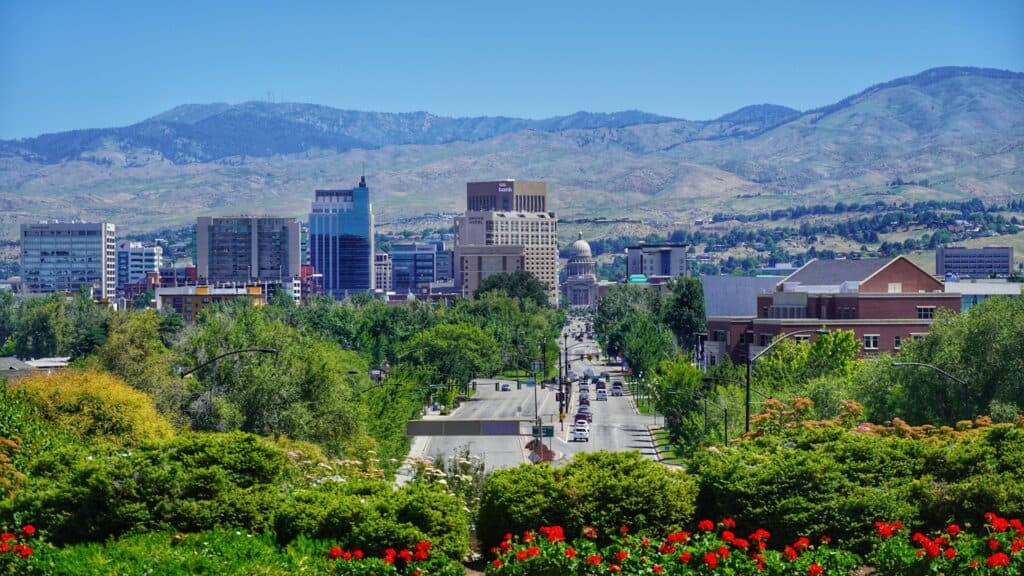
Hospitality shows up in ordinary ways: a spare folding chair at the block party, a library flyer with handwritten notes, a barista who remembers a last name by week two. These towns make room for newcomers without ceremony. Budgets breathe, parks sit close to porches, and community calendars stay full without feeling forced. What this really means is simple. Belonging grows from repeated small gestures. An introduction at the farmers market turns into a pickup team, then into a standing invitation.
Greenville, South Carolina
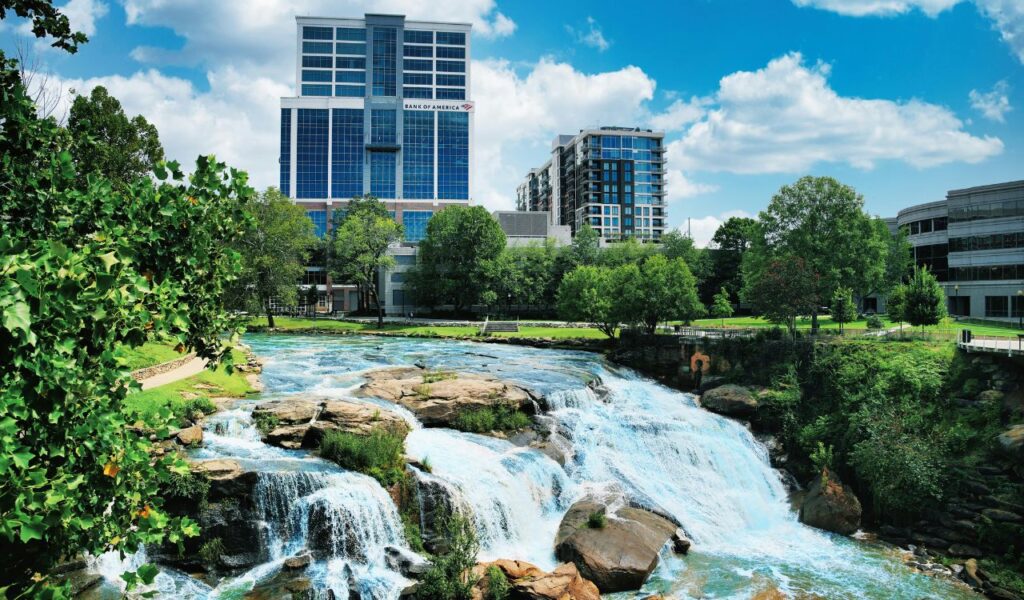
Greenville’s Main Street walks like a handshake, with Falls Park as a shared backyard and the Swamp Rabbit Trail knitting neighborhoods together. New residents land in church supper clubs, trivia nights, and volunteer shifts that actually meet people, not email threads. Independent shops greet by name after a second visit, and Little League diamonds double as town squares. The cost of entry is low: show up, bring something small, and stay for cleanup. Friend groups expand by the month.
Boise, Idaho

Boise keeps a gentle pace that favors eye contact and open invitations. Greenbelt miles give runners and cyclists endless overlap, while neighborhood potlucks fill courtyards as reliably as sprinklers. Coffeehouses post trail conditions next to job leads, and pickup games along the river absorb latecomers without fuss. Newcomers find mentors at climbing gyms and meet future dog sitters at Saturday markets. The feeling is practical and kind, built on shared chores and a standing plan to get outside.
Duluth, Minnesota

Lake Superior sets the rhythm, and Duluth answers with shovel shares, ski swaps, and neighbors who text storm updates like weather radio with heart. Community kitchens teach recipes as easily as names, and music nights in brewery corners mix ages without sorting by scene. Trail crews welcome extra hands and stories, then point out the best sled hill for tomorrow. Rents sit within reason, which keeps artists and teachers in the mix. Friendship here is steady work with a grin.
Fayetteville, Arkansas
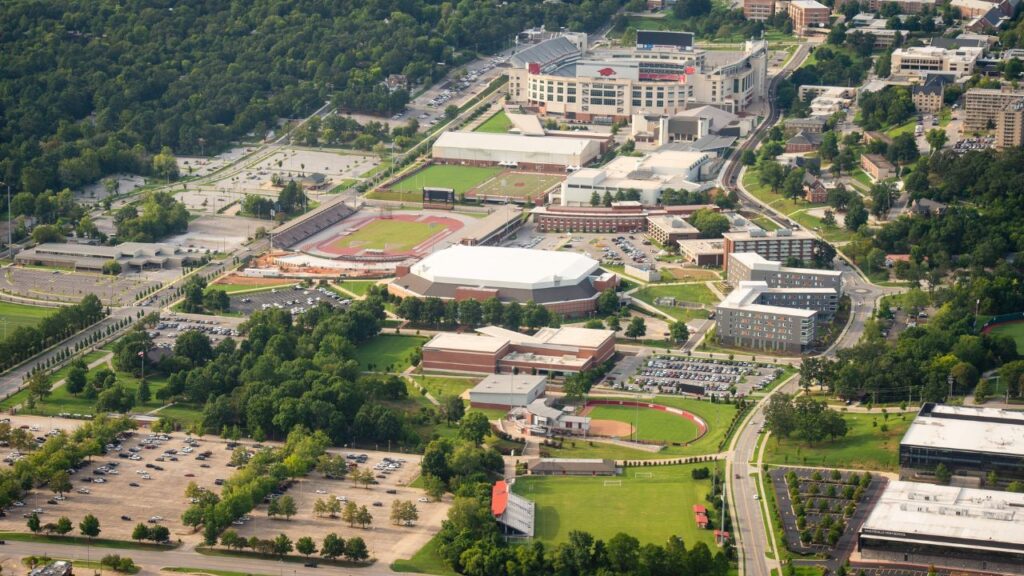
University energy meets Ozark humility, which makes for a town that says yes to new faces. Greenways carry introductions from farmers market to campus events with almost no traffic in between. Bookstores host readings where sign-up sheets become carpools by the last poem. Tailgates feed spare plates to anyone nearby, and neighbors swap tools across fences as if they were library loans. Rent stays manageable off the main drag, so people stick around and return favors on time.
Burlington, Vermont
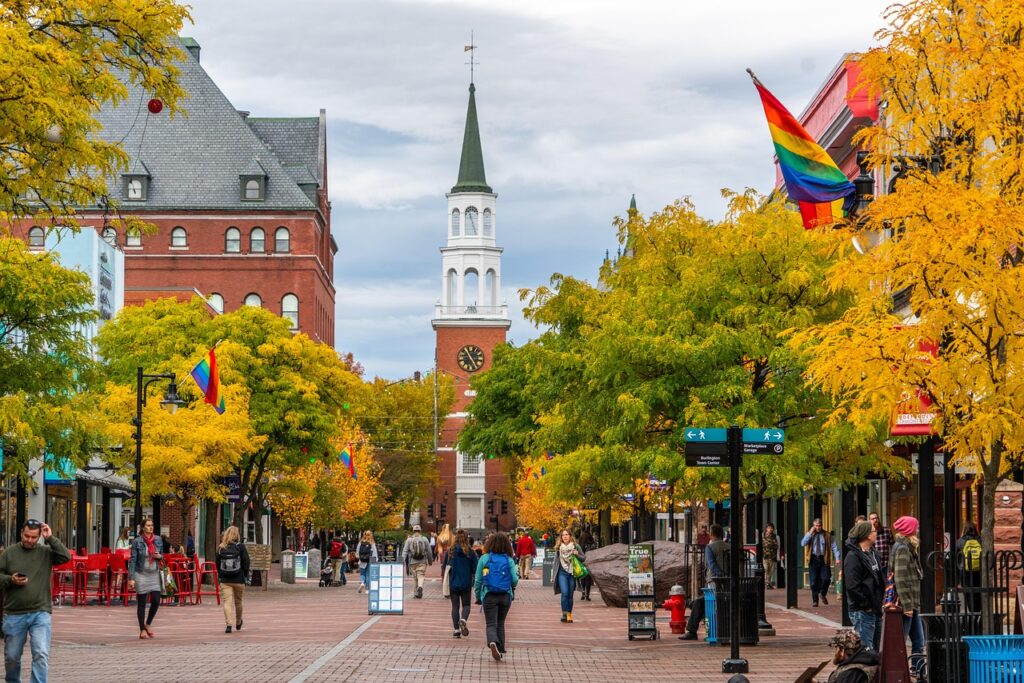
Burlington blends lake breeze with civic habit. Front steps turn into micro porches where board game nights run until the last slice is claimed. Co-ops learn names quickly, and bulletin boards actually work, turning house concerts into friendships that last through mud season. The bike path functions like a daytime party line, and snow shoveling often ends in cocoa at a new table. People check on one another without keeping score, which keeps the mood light and durable.
Madison, Wisconsin

Madison treats community like a team sport. Farmers markets feel like reunions, not errands, and neighborhood associations plan block cleanups that end with potlucks under maple shade. Lakes host paddle shares where gear circulates to whoever needs it next. Libraries run skills nights that teach everything from canning to code, and newcomers frequently wind up running them the next season. Rent can pinch near campus, but co-ops and duplexes spread the load. Names stick after one conversation.
Bozeman, Montana
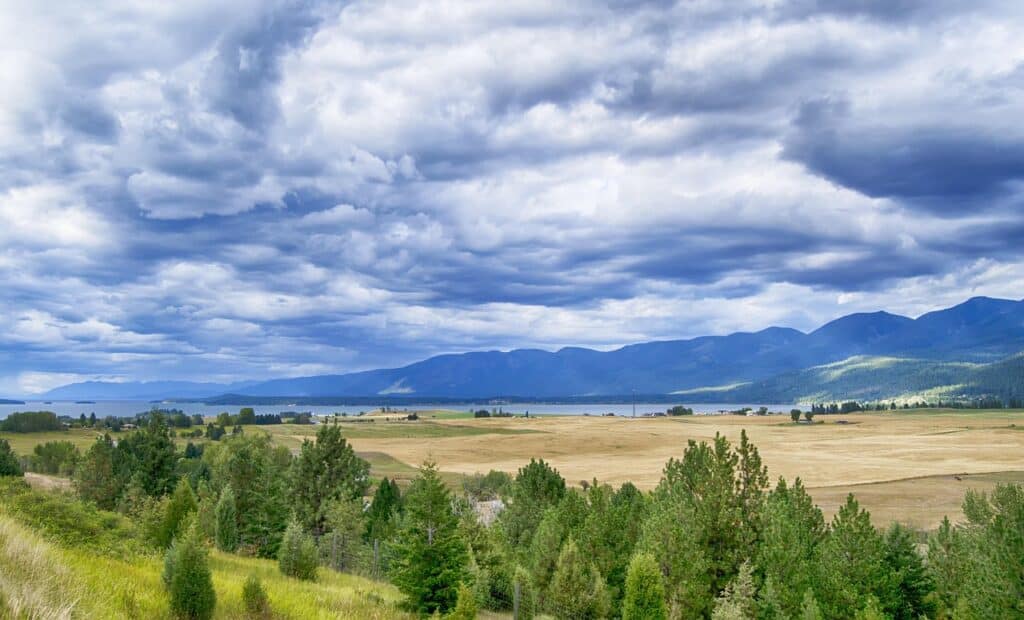
Boomtown headlines aside, Bozeman still trades introductions on trailheads and hardware aisles. Climbing partners become moving crews, and potlucks run heavy on stews when snow hangs around. Small galleries stay open late for new voices, and shop owners keep a mental directory of who can fix what by tomorrow. The parks department knows kids by first name and dogs by collar. On clear nights, neighbors set out extra camp chairs without asking who will fill them.
College Station, Texas

Game days bring color, but the weekday heart beats in casseroles and committees. New residents join service clubs and wake up to more invitations than calendar space. Barbecue fundraisers pull whole neighborhoods into the same shade tent, and high school bands provide the soundtrack. Apartment managers introduce floors like homerooms, and laundromats double as advice desks. The cost of living leaves space for giving, so favors move quickly in both directions and landing feels soft.
Asheville, North Carolina
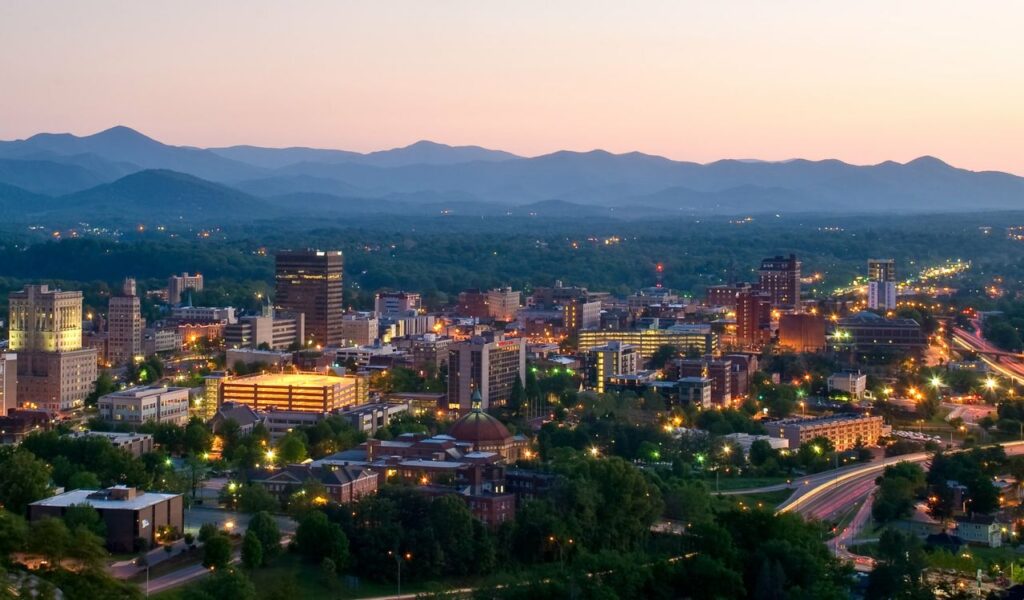
Asheville mixes porch culture with maker energy, which gives newcomers fast entry points. Open studio nights turn casual greetings into weekend collaborations. Trail groups plan litter pickups that end with tacos and names exchanged in phone notes. Music venues keep early shows family friendly and late sets welcoming, so circles overlap instead of silo. Rents fluctuate but housemates hold together through shared gardens and chore lists on the fridge. The town’s kindness is direct, not performative.
Traverse City, Michigan
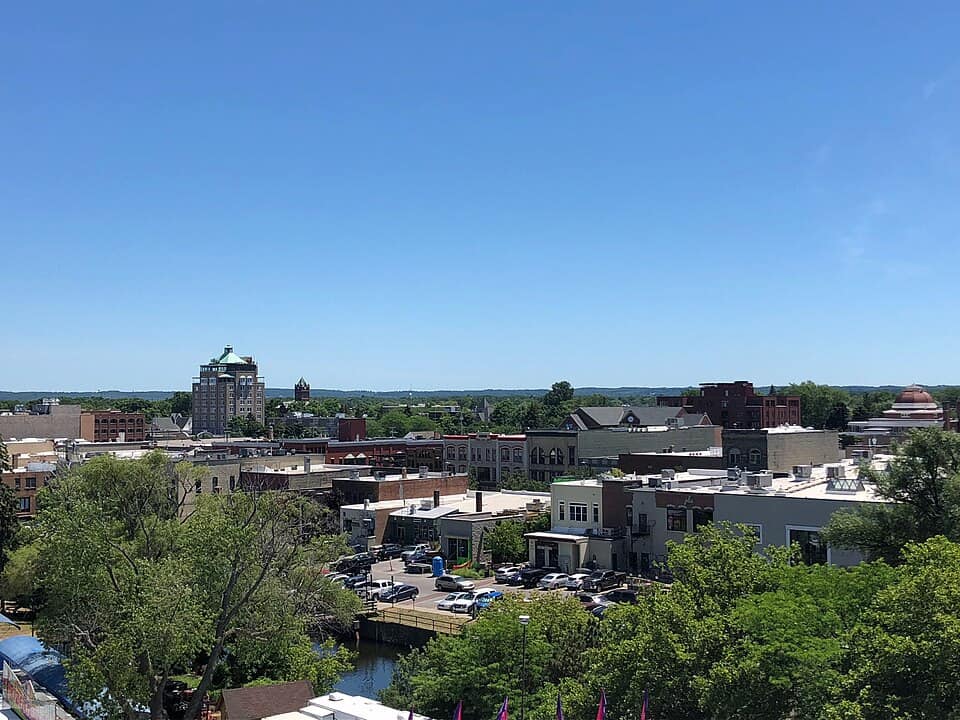
Cherry country plays host with practical warmth. Summer markets fold in newbies as booth volunteers, and winter potlucks lean on soups that stretch cheerfully. Shoreline paths deliver daily meetings with the same faces at new angles, which shortens the stranger phase. Book clubs, youth sports, and cider mill shifts create a quick web of obligations that feel like privileges. People wave from porches with real intent, then follow up with a borrowed ladder or a spare pie tin.